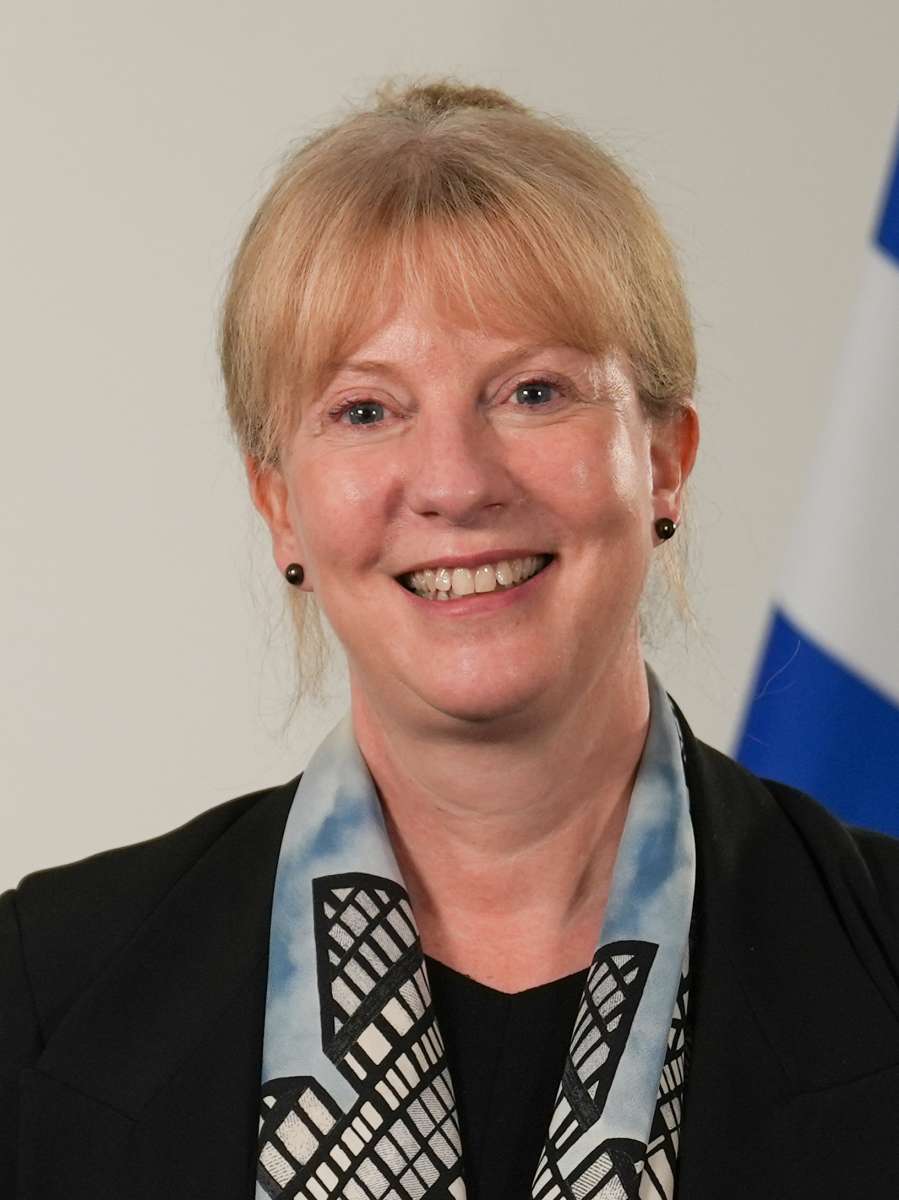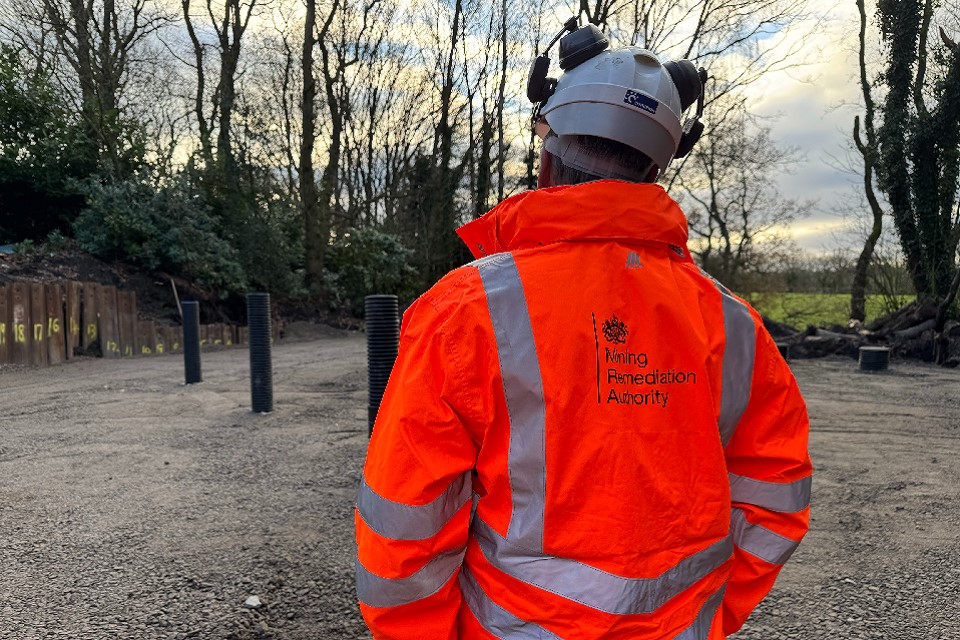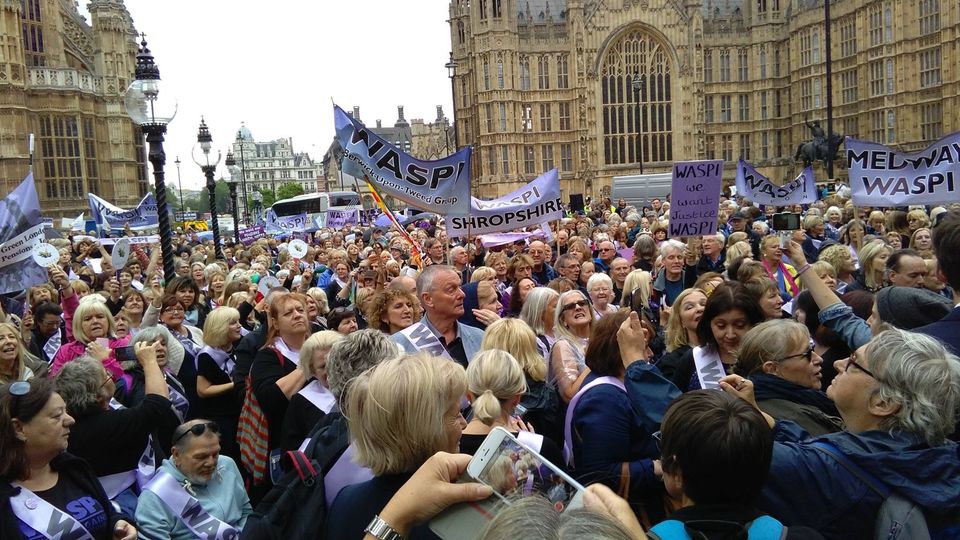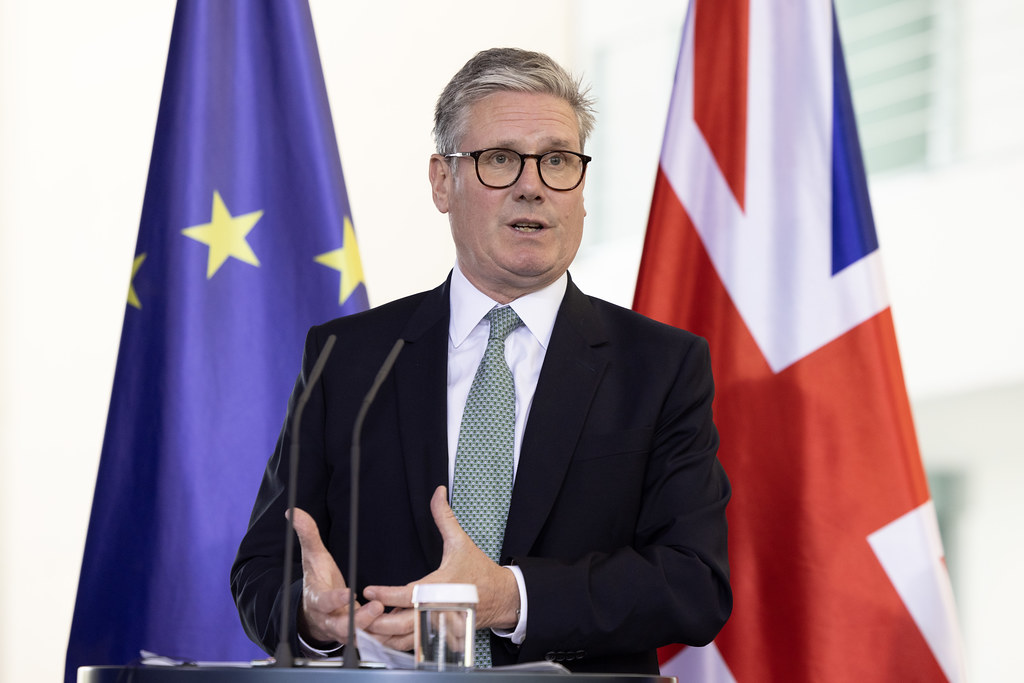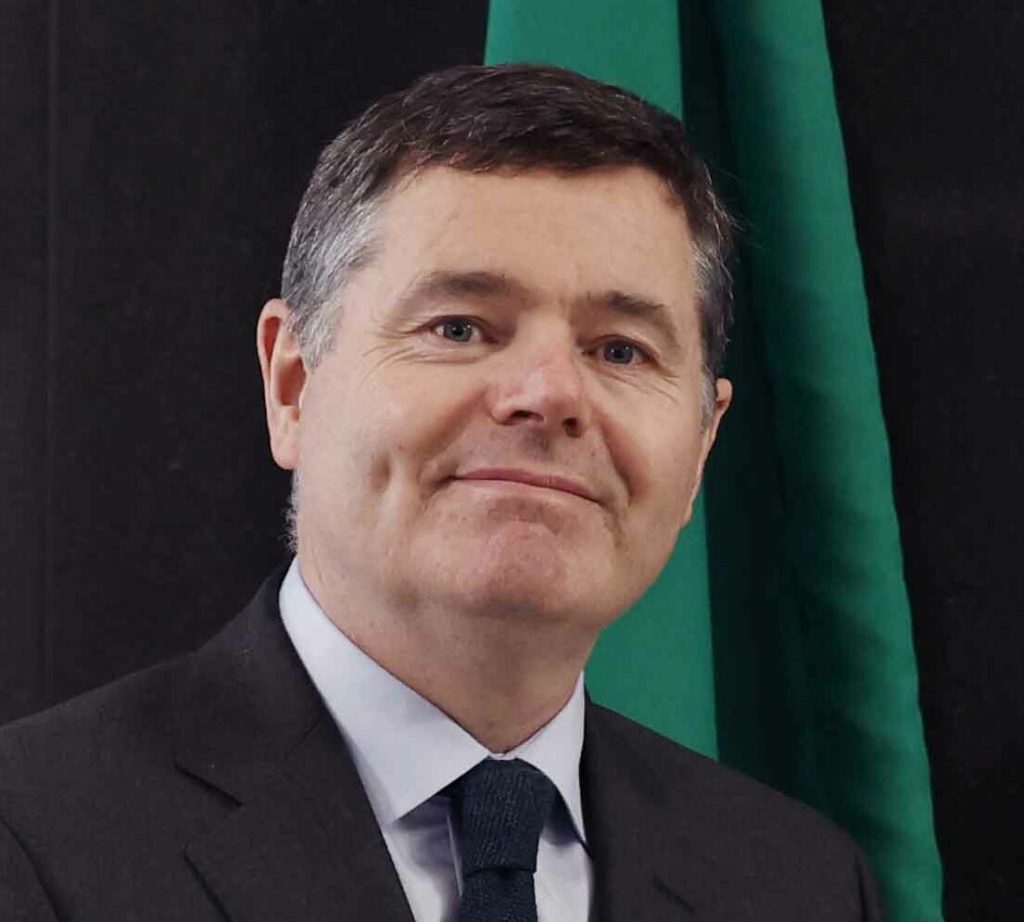Pay was said to be a “significant driver” of in-year pressures, with potential costs of up to £0.8bn beyond the Scottish government’s budget in this financial year alone….reports Asian Lite News
Finance Secretary Shona Robison said the “direct savings” were necessary to support the Scottish government’s 2024/25 budget.
In a pre-budget fiscal update to the Scottish parliament on Tuesday, Ms Robison said: “Prolonged Westminster austerity, the economic damage of Brexit, a global pandemic, the war in Ukraine, and the cost of living crisis have all placed enormous and growing pressure on the public finances.”
Pay was said to be a “significant driver” of in-year pressures, with potential costs of up to £0.8bn beyond the Scottish government’s budget in this financial year alone.
A number of cost-saving measures have previously been announced, including the reintroduction of peak ScotRail fares, axing universal winter fuel payments for pensioners, and scrapping a free bus travel scheme for asylum seekers.
The cuts have been made ahead of the UK government’s budget in October, which Sir Keir Starmer has warned is going to be “painful”.
Last week, experts at independent economic forecaster the Scottish Fiscal Commission (SFC) said while UK government policies contribute to pressures on the Scottish budget, “much of the pressure comes from the Scottish government’s own decisions”.
First Minister John Swinney delivers his address at the SNP annual national conference at the Edinburgh International Conference Centre. Picture date: Sunday September 1, 2024.
The SFC warned that ministers could struggle to balance the country’s budget due to above-expectation public sector pay deals, the council tax freeze and benefit reforms, as well as uncertainty about the level of funding coming from Westminster.
But in an interview, First Minister John Swinney said Scotland has balanced its budget every year and had “not overspent by a farthing”.
Robison said up to £60m will be saved through emergency spending controls imposed on government departments, particularly those relating to recruitment, overtime, travel and marketing. A further £65m will be saved by reintroducing peak rail fares, scrapping concessionary travel for asylum seekers, and allowing local authorities to finance pay deals by drawing on funds from existing programmes.
She said a further £188m would be cut across all portfolios, including a reduction in resource spend on sustainable and active travel, and increased interest income on Scottish Water loan balances. This includes £115.8m of savings from the health and social care budget. In a letter to Holyrood’s Finance Committee, Ms Robison offered “assurances that the health portfolio will seek to protect key frontline emergency services”.
Robison said she was also “reluctantly planning” to utilise up to £460m of additional ScotWind revenue funding – where parts of the Scottish seabed are leased out for offshore wind farms. With Scotland facing a rising funding gap, the minister insisted that “significant action will be needed to reset the public finances on to a sustainable path”.
That comes as the projected gap between estimated funding and planned spending is already forecast to grow from £1bn in 2024/25 to £1.9bn by 2027/28.
Robison said: “In the last three years alone cumulative CPI inflation has seen prices increase by 18.9%, diminishing how far money will go for households and governments alike. “In the face of these challenges, the Scottish government has stepped in to support people and services where it has been needed most – on social security, health and public services. “But we have done so without equivalent action from the UK government, which has repeatedly failed to properly review the adequacy of funding settlements. “We cannot ignore the severe financial pressures we face. We will continue to be a fiscally responsible government and balance the budget each year, as we have done every year for 17 years and as we will do again this year. “But this will mean we must unfortunately take difficult decisions along the way.”
ALSO READ: ‘Brunei a key partner in India’s Act East Policy’
